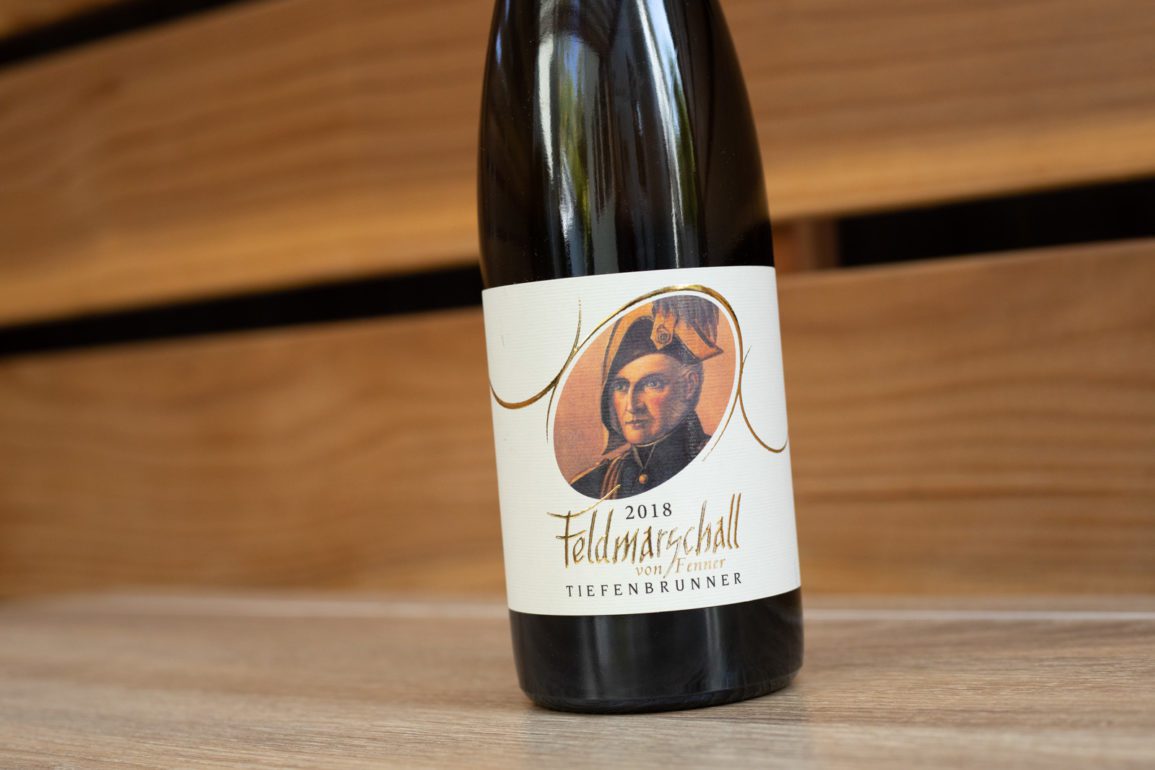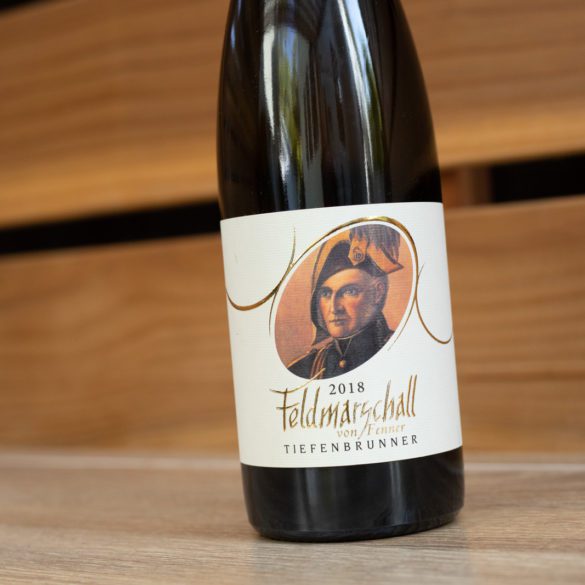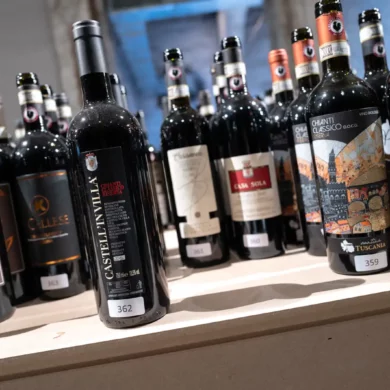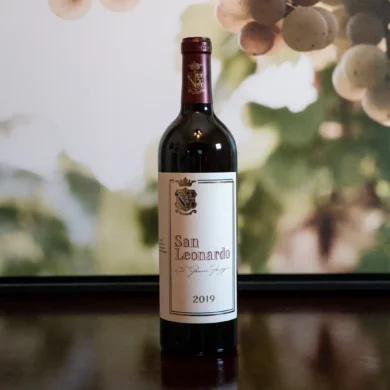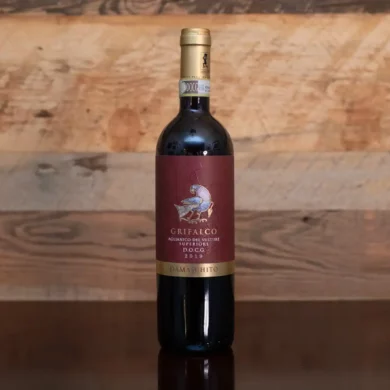Wine is rife with exhausted story angles: the celebrities who fancy themselves as vintners, the stodgy old estate that now has a clay vessel, the genius who dared to plant a fringe varietal when no one else would. Sometimes I am tempted to pull on one of these threads, and sometimes I’d rather just open a new bottle and head elsewhere. But among the many ubiquitous story lines that we editors and wine writers come across, one keeps resurfacing with the tenacity of a Gremlin: the maligned grape done good. And in this case, we are talking about Müller-Thurgau.
Every time I hear this grape variety’s name, the words of a certain celebrated Italian winemaker ring in my ears when she told me bluntly “Müller-Thurgau is a sh*t variety.” We were off the record at the time, so I’ll keep my source anonymous, but she is not alone in this assessment.
I found this wine to be thrilling: brash, confidently tropical in its tones, and dangerously quenching when given a good chill.
On her website, Jancis Robinson frankly notes that Müller-Thurgau “played an important part in allowing the reputation of German wine to plummet.” Ouch. The grape’s gifts (i.e. durability, ubiquity) helped to partially kickstart the New Zealand wine industry in the 1950s. But like an old Honda Accord, that reliability proved boring over time. It was uprooted in mass, first in Germany and Austria, then in New Zealand once Sauviognon Blanc hit the jackpot.
However, in the hands of the ever-pragmatic winemakers of Alto Adige/Südtirol, Müller-Thurgau has its lone champion, especially the family winery Tiefenbrunner. Their prestige white wine is not Chardonnay, Pinot Grigio or Sauvignon Blanc, but rather a Müller-Thurgau named after Franz Philipp Freiherr von Fenner zu Fennberg, the founder of the Austro-Hungarian Empire’s Tyrolean rifle regiment known as the Kaiserjäger. Franz Philipp Freiherr summered in the highlands above the village of Kurtatsch/Cortaccia, where the vineyards for this wine are located. At an elevation of 3,300 feet, these vines are reaching the outer limits for viticulture in the area, benefitting from a combination of daytime solar radiation and plunging evening temperatures, which lock in the acidity. Without that, Müller-Thurgau would fail to find balance.
Because of its unique terrain and the meticulousness of its winemakers, Alto Adige may be Müller-Thurgau’s lone bastion of quality. But I found this wine to be far more thrilling than other examples from the region. It is brash, confidently tropical in its tones, and dangerously quenching when given a good chill. From its lofty perch above the Adige River, I’d say this maligned grape has done good.
2018 Tiefenbrunner “Feldmarschall Von Fenner” Alto Adige-Südtirol Müller-Thurgau
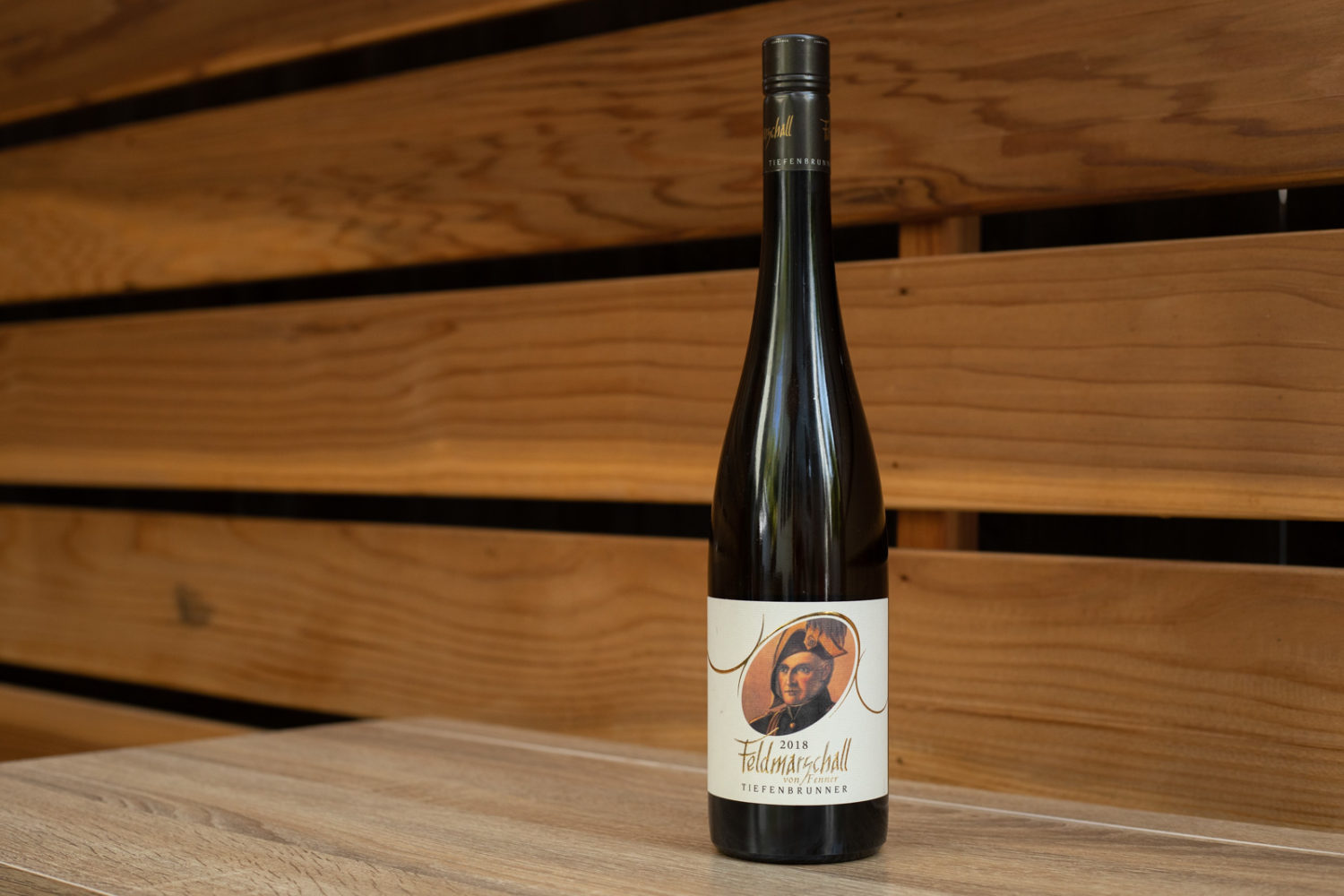
Alto Adige-Südtirol DOC
Grapes: Müller-Thurgau (100%)
Alcohol: 13.5%
Opinion:★★★★ 3/4 (out of five)
Food friendliness: Versatile
Value: A Little Pricey
Learn more about our wine icons.
A beginner might like … the intensity of the aromas. This wine stands at attention (sorry, couldn’t resist) with decidedly tropical-fruit tones and baking spice-like edges. For me, it reminded me of papayas very specifically.
A wine obsessive might like … the way this wine’s finish comes together so completely. It’s nearly mouthwatering. To achieve this wine’s lovely texture, Tiefenbrunner relies on a mixture of stainless steel-tank and oak-barrel aging, for roughly eight months, followed by 10 additional months of bottle aging.
Note: This wine was provided as a sample by Südtirol Wein / Vini Alto Adige. Learn more about our editorial and samples policy.

